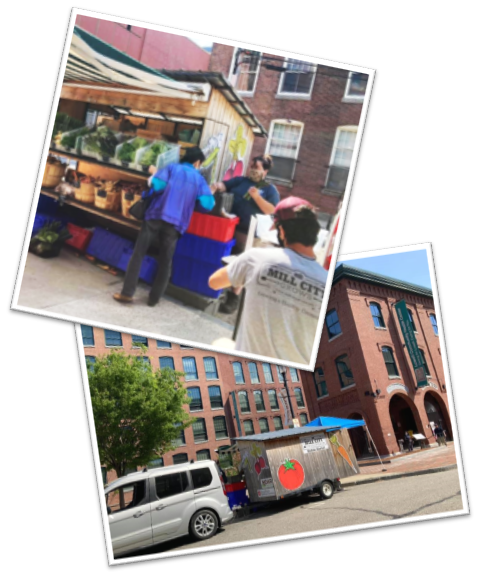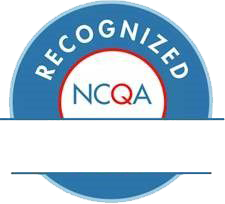A Homegrown Partnership: Healthy Food for All
Thanks to a partnership with the Lowell nonprofit Mill City Grows, patients at the Health Center with chronic health conditions are finding it easier to access the healthy foods their special diets require. We are grateful for the partnership!
The program just launched, and already 56 adults with conditions including heart disease, diabetes, depression, and hypertension have enrolled.
 Thanks to a partnership with the Lowell nonprofit Mill City Grows, patients at the Health Center with chronic health conditions are finding it easier to access the healthy foods their special diets require. We are grateful for the partnership!
Thanks to a partnership with the Lowell nonprofit Mill City Grows, patients at the Health Center with chronic health conditions are finding it easier to access the healthy foods their special diets require. We are grateful for the partnership!
The program just launched, and already 56 adults with conditions including heart disease, diabetes, depression, and hypertension have enrolled. They can pick from a healthy array of fresh, locally grown produce at any one of Mill City Grows’ mobile markets, including one parked outside of the Health Center every Tuesday from 10 am to 12pm.
With funding through our Wellforce Care Plan ACO, the program is free to participants and can be combined with SNAP and WIC benefits.
“A lot of people want to pick their own food and tailor their meals to what they, culturally, prefer,” notes Rebecca Williams, RN, Director of Integrated Care and Case Management at Lowell CHC. “And although the program is aimed at adults, they bring the food home to their families, so everyone benefits.”
Williams expects the program with Mill City Grows to expand throughout the summer. The Health Center will continue to offer medically tailored meals year round to eligible patients with certain chronic conditions through our partnership with Community Servings.
“Our Mobile Market has broken barriers of location and mobility to bring fresh produce directly into Lowell’s neighborhoods since 2014,” shares Jessica Wilson, Executive Director of Mill City Grows. “This program will help us break cost barriers, too. We truly believe that food is medicine, and getting that food on your plate is the first step on each patient’s journey to health.”
Staff reaching out to patients who are eligible also learn about other needs, such as transportation, housing, or medical concerns that might otherwise go unmentioned. Notes Williams, “It really closes the gap when it comes to putting patients first.”
Photo Credit: Mill City Grows


